
-
Find the right food for your petTake this quiz to see which food may be the best for your furry friend.Find the right food for your petTake this quiz to see which food may be the best for your furry friend.Featured products
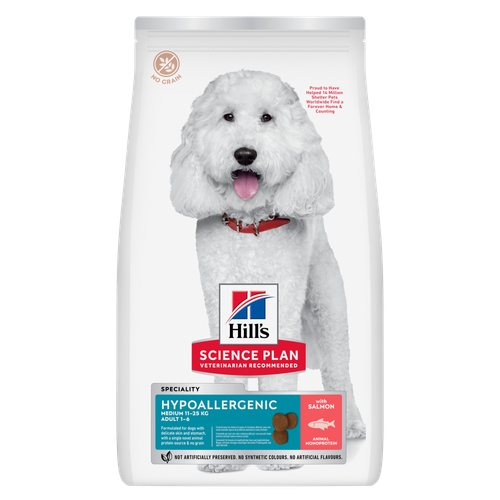 Hypoallergenic Medium Adult Dog Food
Hypoallergenic Medium Adult Dog FoodScience Plan Hypoallergenic Medium Adult dog food with Salmon is a gentle, science-led formula crafted for dogs with food sensitivities. Made with carefully selected, high-quality novel proteins and no grains, it’s tailored to minimise common triggers that can lead to skin and digestive discomfort.
Shop Now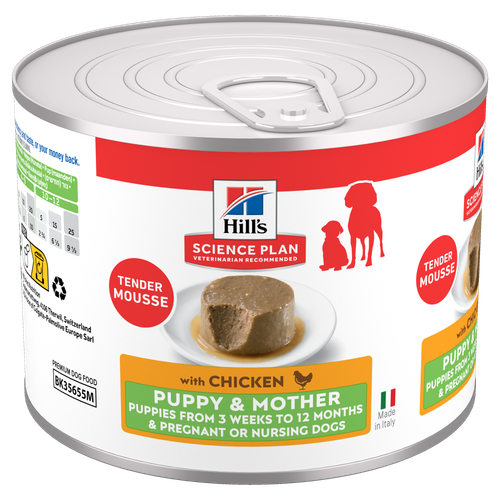 Puppy & Mother Tender Mousse Dog Food
Puppy & Mother Tender Mousse Dog FoodHill's Science Plan Puppy & Mother Tender Mousse Dog Food with Chicken is a complete premium pet food for puppies and pregnant or nursing dogs. Formulated with chicken and other specially selected ingredients, including minerals and antioxidants to support gut health and optimal growth, it comes in a soft mousse texture they'll love.
Shop Now Perfect Weight Small & Mini Adult Dog Food
Perfect Weight Small & Mini Adult Dog FoodHill's Science Plan Adult Small & Mini Dog Food with Turkey is a complete premium pet food for adult small dogs from 1 year old that are prone to weight gain or slightly overweight. This deliciously smooth mousse is formulated to deliver the appropriate amount of energy to support weight maintenance in adult dogs.
Shop NowFeatured products Hypoallergenic Dry Cat Food
Hypoallergenic Dry Cat FoodHILL'S SCIENCE PLAN Hypoallergenic Adult cat food with egg & insect protein is a complete pet food for adult cat 1–6 years old. It's formulated for cats with delicate skin and stomach, with limited high quality novel protein sources & no grain.
Shop Now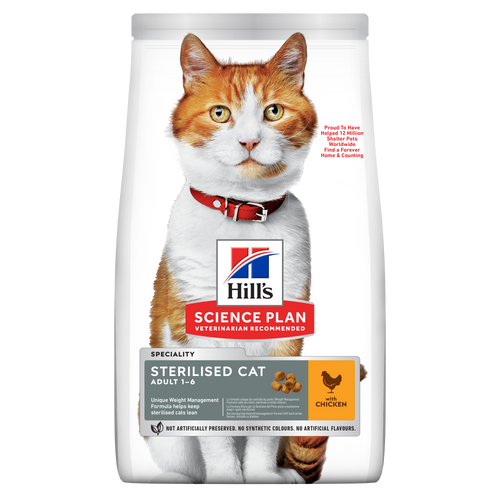 Sterilised Adult Cat Food
Sterilised Adult Cat FoodHill's Science Plan Adult Sterilised Cat Dry Food with Chicken is specially formulated with ActivBiome+ Multi-Benefit Technology. It is a precisely balanced nutrition, tailored to meet the needs of sterilised cats, to help keep sthem lean & healthy.
Shop Now Oral Care Adult Cat Food
Oral Care Adult Cat FoodHill's Science Plan Oral Care Adult Cat Food with Chicken contains clinically proven kibble technology to reduce plaque & tartar build up.
Shop Now -
Dog
- Dog Tips & Articles
-
Health Category
- Weight
- Food & Environmental Sensitivities
- Urinary
- Digestive
- Joint
- Kidney
-
Life Stage
- Puppy Nutrition
- Adult Nutrition
- Senior Nutrition
Cat- Cat Tips & Articles
-
Health Category
- Weight
- Skin & Food Sensitivities
- Urinary
- Digestive
- Kidney
-
Life Stage
- Kitten Nutrition
- Adult Nutrition
Featured articles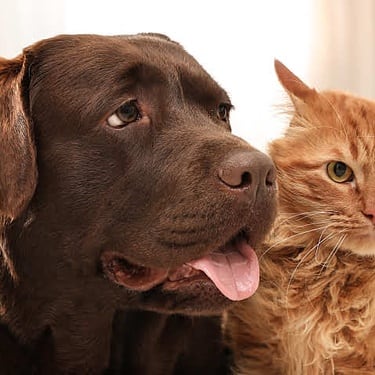 What Cleaning Products Are Safe for Pets?
What Cleaning Products Are Safe for Pets?Learn which cleaning product ingredients can be hazardous for dogs & cats, which alternatives are safer and tips for using cleaning products around pets.
Read More Tips For Mixing Wet And Dry Pet Food
Tips For Mixing Wet And Dry Pet FoodDiscover tips for mixing wet and dry pet food to ensure balanced nutrition and variety for your pet. For comprehensive feeding advice, visit Hill's Pet UK.
Read MoreTips for Working From Home With a PetGet helpful information on how to get all of your work done while keeping your dog or cat entertained when working from home.
Read More -


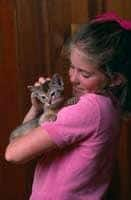
You'll want your kitten to become a cat that relates well to people and is a friend and companion. To achieve this, you need to bear in mind that cats have a very short socialisation phase. So the first four to 16 weeks of life are a critical time for behavioural and social development.
Your kitten's early experiences
Before your kitten comes to live with you, she will have been interacting with her mother, the other kittens in her litter and probably several different people.
Be wary of choosing a kitten that has had little human contact, such as a kitten that has been raised in a shed or pen far from the house. Kittens need to get used to being handled by people very early on, preferably by several people so they don't just learn to accept a single caregiver. They also need to become accustomed to the sights, smells and sounds of everyday life.
Your kitten will probably move into your home when she's about eight to 12 weeks of age. Assuming she's already had lots of human contact, it shouldn't be too difficult for you to reinforce all the good work and help her grow into a friendly, happy, confident cat.
When your kitten first arrives home with you, remember it can all be a bit overwhelming for her. Take her to a quiet, safe place and show her where her bowls and litter boxes are. Give her lots of love and reassurance and pet her gently, talking to her in a soft, calm voice. Playing is also a great way to socialise your kitten and form a bond with her early on in your relationship.
Kids and kittens
Your kitten should be socialised with children as early as possible, as she may reject or bite them later if she hasn't become used to them early on.
If you have children, they will naturally be very excited about the arrival of a new kitten. Your job is to teach them that your kitten is not a toy and must be treated carefully. Play time must end when the kitten has had enough. It's also a good idea to warn the children that she may scratch or play-bite.
Your kitten and other people
People come in all different shapes and sizes and your kitten should have the opportunity to encounter them all. Get her used to strangers but be careful that they don't scare or overwhelm her with a strong show of affection.
It's a good idea to introduce your young kitten to as many people as possible. That way, you're likely to avoid her developing a fear of strangers in later life.


Tasty Tips
Don't forget that kittens can become tired quickly; make sure that meeting times with new people are kept quite short so your kitten has time to rest.
Introducing your kitten to other pets in the home
Before introducing your new kitten to other pets in your household, visit your veterinarian to ensure all pets are healthy and their vaccinations are up to date.
Smell is the most important sense for cats, so it's a good idea to transfer some of the smells of your home onto the coat of your new kitten before the introductions. Mix the scents by stroking first your resident cat, then the kitten, without washing your hands, and vice versa.
Introduce your new kitten to other pets gradually and one at a time. Keeping your new kitten in a carrier or behind an expandable baby gate is a good way to supervise the first encounter.
During the introduction, separate the pets at any sign of aggression. Acceptance may take time, so never leave your new kitten unsupervised with any of your other pets until you are certain they get along well. Always keep smaller pets, such as hamsters, fish and birds safely out of reach.
Separation anxiety
The good news is, you've done a great job raising your kitten to get along well with people. The bad news is, she's now so attached to you, she won't like it when you go out.
Separation anxiety, previously only recognized in dogs, is now acknowledged to occur in cats. Signs that your kitten may be suffering from separation anxiety include seeming stressed by you going out. She could be excessively vocal perhaps or soil the house in your absence.
Tips on dealing with separation anxiety include limiting the time you leave your kitten alone as much as you possibly can and trying not to make a big "production" out of leaving the house. If your kitten does soil the house, don't punish her. Cats don't understand punishment and, since her behaviour is a result of stress, you'll actually be making the problem worse.
You can easily teach your kitten to tolerate short absences by leaving her in a room, closing the door and walking away. After a few minutes, go back in but don't greet her. When you've done this several times, extend the absences to 30 minutes. But if she begins to get distressed, and starts meowing or scratching at the door, you should shorten the absence period.


One of our staff authors prepared this article for you
Related products

Hill's Science Plan Adult Sterilised Cat Dry Food with Chicken is specially formulated with ActivBiome+ Multi-Benefit Technology. It is a precisely balanced nutrition, tailored to meet the needs of sterilised cats, to help keep sthem lean & healthy.

Hill's Science Plan Oral Care Adult Cat Food with Chicken contains clinically proven kibble technology to reduce plaque & tartar build up.

HILL'S SCIENCE PLAN Hypoallergenic Adult cat food with egg & insect protein is a complete pet food for adult cat 1–6 years old. It's formulated for cats with delicate skin and stomach, with limited high quality novel protein sources & no grain.
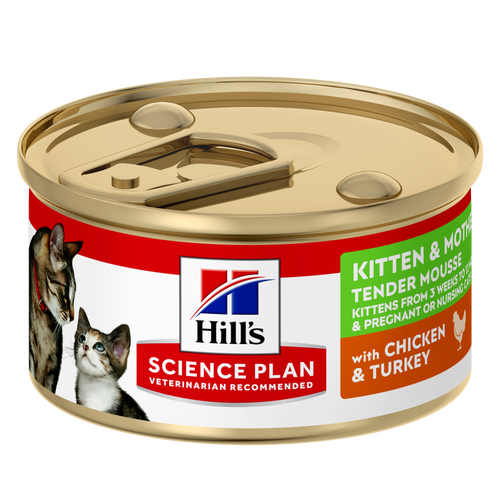
Hill's Science Plan Kitten & Mother Tender Mousse Cat Food with Chicken & Turkey is a complete premium pet food for kittens from weaning until 1 year old and for pregnant and nursing cats. Formulated with chicken, turkey and other specially selected ingredients to support gut health and optimal growth. It comes in a soft mousse texture they'll love.
Related articles
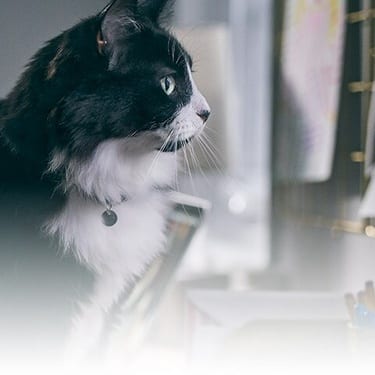
While hairballs are a common occurrence of cats, there are steps you can take to help them manage their problem and keep them healthy.
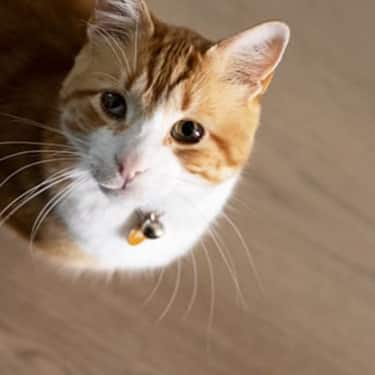
Learn how to spot the signs of a skin condition in your cat and the steps to take for their wellbeing. For comprehensive care advice, visit Hill's Pet.
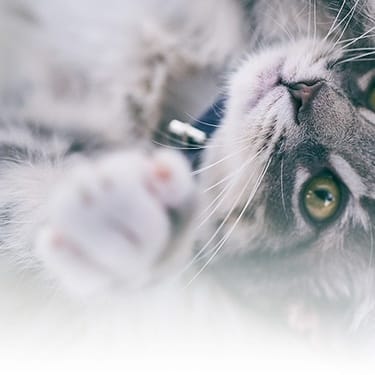
South African vets say more than half the patients they see are overweight. Learn more about managing your cat’s weight.
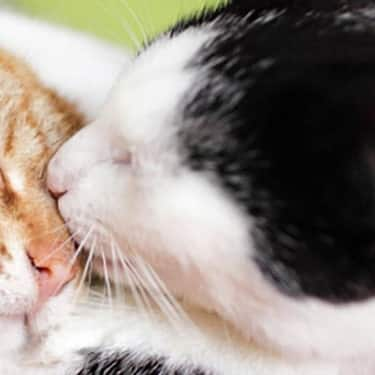
Learn the different factors that might be contributing to your cat's weight gain, and how bigger doesn't always mean better.

Put your cat on a diet without them knowing
Our low calorie formula helps you control your cat's weight. It's packed with high-quality protein for building lean muscles, and made with purposeful ingredients for a flavorful, nutritious meal. Clinically proven antioxidants, Vitamin C+E, help promote a healthy immune system.
Put your cat on a diet without them knowing
Our low calorie formula helps you control your cat's weight. It's packed with high-quality protein for building lean muscles, and made with purposeful ingredients for a flavorful, nutritious meal. Clinically proven antioxidants, Vitamin C+E, help promote a healthy immune system.

